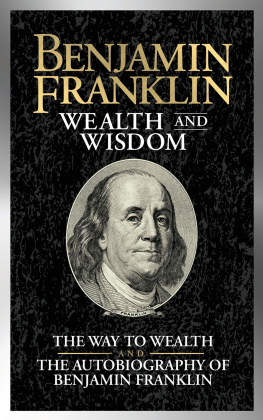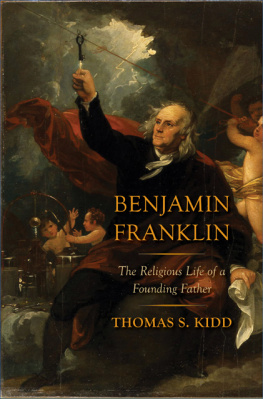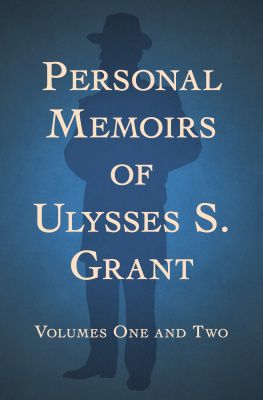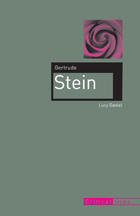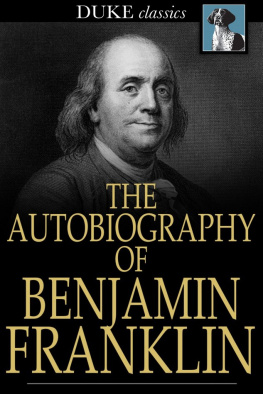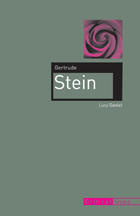THIS IS A BORZOI BOOK
PUBLISHED BY ALFRED A. KNOPF, INC.
Copyright 1975, 1981, 1985, 1988, 1989 by Herbert Leibowitz
All rights reserved under International and Pan-American Copyright Conventions. Published in the United States by Alfred A. Knopf, Inc., New York, and simultaneously in Canada by Random House of Canada Limited, Toronto. Distributed by Random House, Inc., New York.
Portions of this book were originally published in the following journals:
The American Poetry Review: You Cant Beat Innocence: The Autobiography of William Carlos Williams
The American Scholar: Stoking the Oedipal Furnace: Edward Dahlbergs Because I Was Flesh
Pequod: Arise Ye Prisners of Starvation: On Richard Wrights American Hunger
Southwest Review: Richard Wrights Black Boy: Styles of Deprivation
Excerpts from Twenty Years at Hull-House, by Jane Addams, were originally published by Macmillan in 1910.
Owing to limitations of space, all acknowledgments of permission to reprint previously published material will be found on page 385.
eISBN: 978-0-307-83052-4
v3.1
ALSO BY HERBERT LEIBOWITZ
Hart Crane: An Introduction to the Poetry
For Susan
Contents
Illustrations
Acknowledgments
A NYBODY WHO EMBARKS on a study of autobiography quickly learns that he or she cannot go far without frequently consulting the vast number of scholarly and critical works on the subject that serve as navigational charts. The last twenty-five years have seen a surge of interest in autobiography in general and American autobiography in particular. There are now thirteen hundred ways of looking at the blackbird, not thirteen. Even though I may not refer to all these secondary sources in Fabricating Lives, or engage in a game of polemical hardball with my colleagues, I could not have gotten far without standing on their shoulders. The reader who wishes to investigate these sources further can begin with my notes and selected bibliography and go on to more exhaustive bibliographies.
Several chapters were first delivered as papers or lectures. I would like to thank the following people for inviting me to test my ideas before stimulating audiences: the late Dr. Bernard Meyer and the members of his seminar on psychoanalysis and literature where I spoke on Emma Goldman and Edward Dahlberg; Professor David J. Gordon and the CUNY Forum where I discussed The Centrality of Style in Richard Wrights Black Boy and American Hunger; Professor Carol Berkin and the Columbia University Seminar on Early American History and Culture where I talked about The Autobiography of Benjamin Franklin; the American Studies Association where I sketched out my initial theories about the Jane Addams and Emma Goldman autobiographies, and Robert Boyers and Skidmore College where I presented my first tentative thoughts about Gertrude Steins The Autobiography of Alice B. Toklas. My students at the University of Illinois, The College of Staten Island, and the CUNY Graduate Center who sat in classes and seminars about American autobiography have influenced and shaped my ideas and interpretations. I would also like to thank The Center for Advanced Study at the University of Illinois for giving me a post-doctoral fellowship that allowed me to begin this book.
During the course of writing Fabricating Lives I have had the good fortune of talking about American autobiography with many wonderful people, who took time out of busy schedules to scrutinize my essays. Sherman Paul read early drafts of the Stein, Franklin, Sullivan, and Williams chapters. His astute comments helped me correct errors of fact and interpretation. R. W. Flints generous and detailed criticism of the Franklin, Sullivan, Stein, Williams, and Dahlberg chapters functioned as exuberant dialectical parries and thrusts. His letters over the years have constituted an informal literary tutorial for me. Judith Gleason, David J. Gordon, Cynthia Macdonald, and Virgil Thomson all read the style chapter and their varied responses enabled me to clarify issues and improve both prose and organization. Edward Burns read my chapter on The Autobiography of Alice B. Toklas and gave me the benefits of his deep knowledge of Steins works. Suzanne Foxs canny sense of structure helped me redesign the Preface, the style chapter, and especially the Emma Goldman essay; she also compiled the bibliography and enthusiastically tracked down missing persons and tricky clues. Morris Dickstein reinforced my occasionally wavering faith that in an age of deconstruction there was still room for a book of belletristic criticism. Richard Lavenstein generously shared with me his knowledge of architecture and literature. Joyce Berkmans thoughtful comments on the Jane Addams chapter led me to revise certain assumptions. David Nasaw read the entire manuscript and engaged me in numerous conversations, on the Staten Island Ferry and in cars stalled in New York traffic, about the historical conflicts and ideas that marked the careers of Franklin, Goldman, and Jane Addams. Ross Felds trenchant, supple, and unorthodox literary mind kept pushing me, by his challenging and sympathetic readings of my essays, to reopen discussions I had thought closed or to examine a work by Bakhtin that might shed added light on an analysis of autobiographical strategies. My long and leisurely discussions with Nick Lyons about matters literary, from big fish like Moby Dick to the exquisite music of sestinas, began in 1961 and have continued with undiminished pleasure up to the present day. He is the godfather of Fabricating Lives, having taken a lively interest in the book from its conception through its long gestation and growth to its birth. Dr. Leslie Seiden Gallo taught me much about intimacy and self-assertion and Dr. Marianne Horney Eckardt about the myriad ways identity is shaped by passion and the will, by nurturing or its absence. My agent, Gloria Loomis, lent the book strong support at all stages. I am very grateful to Judith Jones, my editor at Knopf, for reading the manuscript with meticulous eye, keen ear, disinterested mind, and warm advocacy. I would like to thank my copyeditor, Marjorie Horvitz, for her scrupulous attention to detail. Sarah Paul and Carl Paganelli did valuable research for me, and Carl and Laura J. Smyth, deciphering my squiggles and arrows, ably typed several chapters. My son, Gabriel Sky-Leibowitz, coped heroically with my having at times to break off a comparison of the pitching records of Orel Hershiser, Danny Jackson, and David Cone in order to return to my study. But the soul of Fabricating Lives is my wife and loving friend, Susan Yankowitz, who has entered so completely into the composition of the book. She has patiently read and edited draft after sweaty draft, removing obscurities and purple patches; talked animatedly about style or womens rights, an autobiographers feelings of power and powerlessness, or a structure that can occlude meaning; joked me out of a morose mood and nudged me back to the word processor for one more revision. My debt to her for her collaboration cannot be adequately conveyed in words.
Preface
M Y EARLY INTEREST in autobiography began innocently with Walt Whitmans Song of Myself.


